I have to tell you, we have two of my very favorite readings in today’s Liturgy of the Word. I like them because they both show God interacting with us, his creatures, in powerful ways. In the first reading, we see the prophet Elijah literally running for his life. He has just embarrassed, and then put to death, the four hundred or so false prophets of the so-called god Baal – the pagan god worshipped by the gentiles. Because of this, Jezebel, the wife of king Ahab, vowed to do the same thing to Elijah himself. So Elijah is fleeing, and complains to the Lord God that everyone in Israel has rejected the Lord, turned to other gods, and have put all the legitimate prophets to death, and that Elijah is the only one left. So God says that Elijah should stand on the mountain and wait, and soon the Lord would be passing by.
So in Scripture, when it says of the Lord that he would be “passing by,” it means something different than just that the Lord was out for a little walk. Passing by means that he would be doing “a God thing,” something that God alone could do. It’s a little like saying that God would be revealing his power to his creatures. For Elijah, that was intended to be a consolation and a revelation that the Lord God would be with him even though things looked pretty bad. And it’s interesting how it happens. Elijah experiences some frightening things: destructive and heavy winds, an earthquake and a blazing fire. But he did not experience God in any of those things. He only experienced God in a “tiny whispering sound.”
And I wonder about that, to be honest. Yes, we can take that as a revelation that we have to quiet ourselves and listen for the voice of God’s presence. But I want to carefully note that this does not mean that God wasn’t present in those other things. Because we often find ourselves in the midst of mighty winds, earthquakes, or fire. Even if not literally, we experience these things all the time in the form of the crises of our lives. And I want to assure you that God is with you in those moments. But it may take us stepping back a bit, and listening for the whispering sound, to note that happening. And I think that’s the direction toward which this reading is pointing us.
Okay, so that brings us to the second of my favorite readings today, and that is the Gospel. Because I love Saint Peter: He’s always making mistakes, but he is always letting Jesus take what little he can give and turn it into something huge. This is such a special reading for me because reflecting on it led me to my vocation.
In this reading, Jesus has just fed the multitudes, as you may remember from last week’s Gospel. After that, he takes some time alone to pray, and during the fourth watch of the night, walks across the water toward the disciples who were on a boat bound for the other side of the sea of Galilee. In Saint Mark’s version of this reading, it says of Jesus at this point that “He intended to pass them by.” Does that sound familiar? Yes, very similar to the first reading, Jesus intends to do a “God thing,” to reveal himself to his disciples this time in a very powerful way. They think they’re seeing a ghost, but Jesus reassures them that it is he, and Peter immediately asks if he can come out and walk on the water too. Jesus says, “come.”
So think about that. You see the Lord walking on the water, and you actually ask if you can get out there and join him. Who even has the nerve to say something like that to Jesus? Well, Peter, impetuous as always, he does. And for a while, he does okay. He’s making progress, walking toward Jesus. But then he stops looking at Jesus and starts looking at the storm, and when he sees the storm what happens? The story tells us: “But when he saw how strong the wind was he became frightened; and, beginning to sink, he cried out, ‘Lord, save me!’” So let’s stop right here. Do you see that? While he’s looking at Jesus, he is able to walk toward him, but as soon as he takes his eyes off Jesus in favor of looking at the storm, he sinks. “O you of little faith, why did you doubt?” Jesus asks him, pulling Peter out of the water.
We might be tempted to criticize Peter for his lack of faith. But I’m in favor of cutting him a little slack. What I think we have to realize is that he at least had enough faith to get out of the boat. The other eleven did not. He got out of the boat because he wanted to be where Jesus was, and Jesus was not in the boat: he was out there on the water. Was Jesus present for him when the wind and the waves threatened to take his life? Absolutely. God is present for us when we are in the middle of the storm.
So I think that’s where these wonderful readings of God’s mighty power take us this week: into the midst of our storms, whatever they may be. We probably have several we can pick from these days: the implications of a pandemic, our children returning to school (or not), civil and social unrest caused by racial injustice, violence in our cities, and the list goes on. I heard a news story this week that said the number of people reporting feelings of depression is three times what it was a year ago. We are weathering a lot of storms right now. So I pray that today’s Liturgy of the Word would help us to find our Lord in the midst of the wind and the earthquakes and the fire. I hope that the faith these readings inspire in us will help us to step back in those storms and see our Lord passing by in power and might, and lifting us up out of the waves.
Now let’s try a little prayer experiment. I’m going to ask you to close your eyes. And with your eyes closed, I invite you to think about a crisis you’ve been in recently, or even one that’s still going on. It might be little or big, but whatever it is, bring it to mind. That crisis is the waves in the story, so try to visualize that. Now you are Saint Peter. You’re on the boat, that relatively safe refuge that is leading you to the place that Jesus has in mind for you. Only on the voyage, your crisis begins a storm that tosses you around so badly that you can’t even see your destination anymore, and you fear for your life. But you see Jesus out there, on the water, in the distance.
You call out to him and he calls back for you to come to him. You think about it for a minute, but you realize you have to give it a shot: after all, you want to be where Jesus is, and Jesus is not in the boat. So you get out of the boat, that safe refuge that gives you some comfort even in the storm, and you start to walk toward Jesus across the stormy sea, with the wind and the waves of your crises swirling around you. And you do okay for a while, looking at your Lord, but then you wonder if your prayers will ever be answered, or if you should even bother God with your little prayers, or if there is any hope for your situation at all. You feel the wind pushing at you and notice that the waves of your crisis are a lot uglier than you thought they were. And you begin to sink into them, despairing that there is no hope for your situation. At this point, Jesus reaches out his hand to you, pulling you up out of the stormy sea. The storm is still raging, but with Jesus’ help, you get back into the boat, and the waves calm down, and you continue the journey to the place where Jesus wants you to be, having made just a little bit of progress, confident that he is with you even in the storm.
That’s a prayer exercise that you can come back to. Whenever you have a crisis, you can pull this out of your prayer toolbox. Whether we are experiencing wind, waves, earthquakes or fire, we can always be confident that our Lord is with us. We might still have to go through all those nasty crises, but we can go through them with hope that comes from the presence of our God, who is with us in our darkest times, whispering to us, or calling out to us from the water.
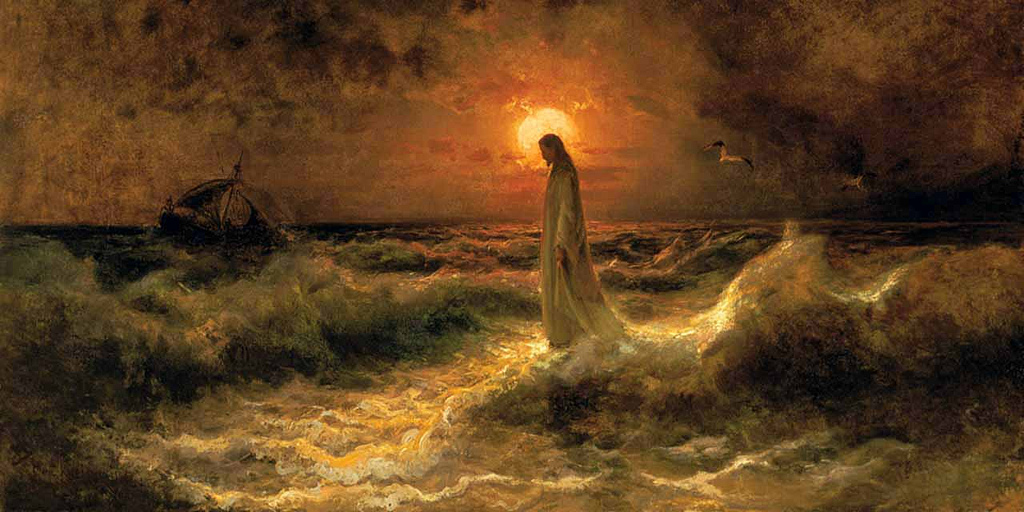
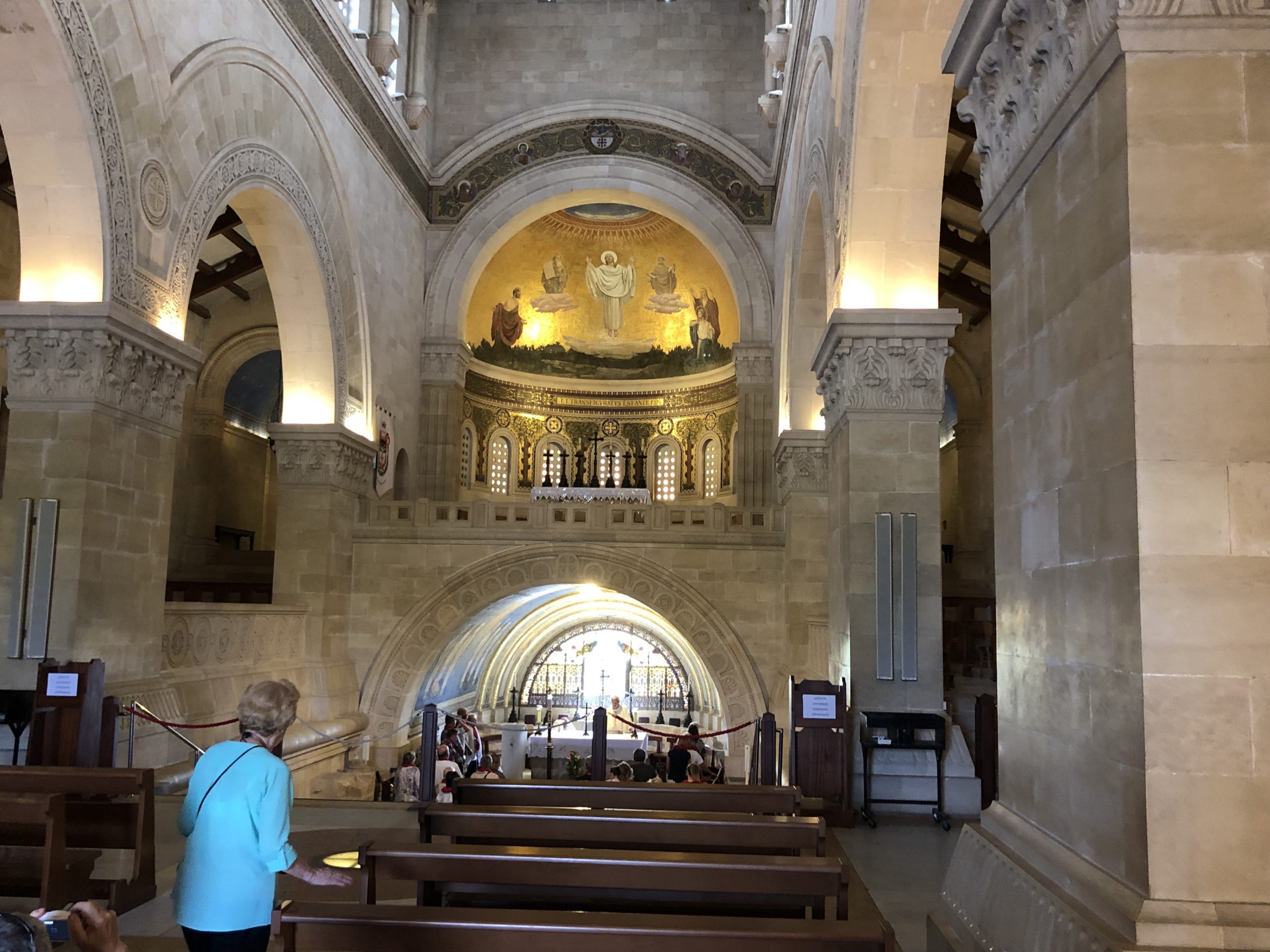
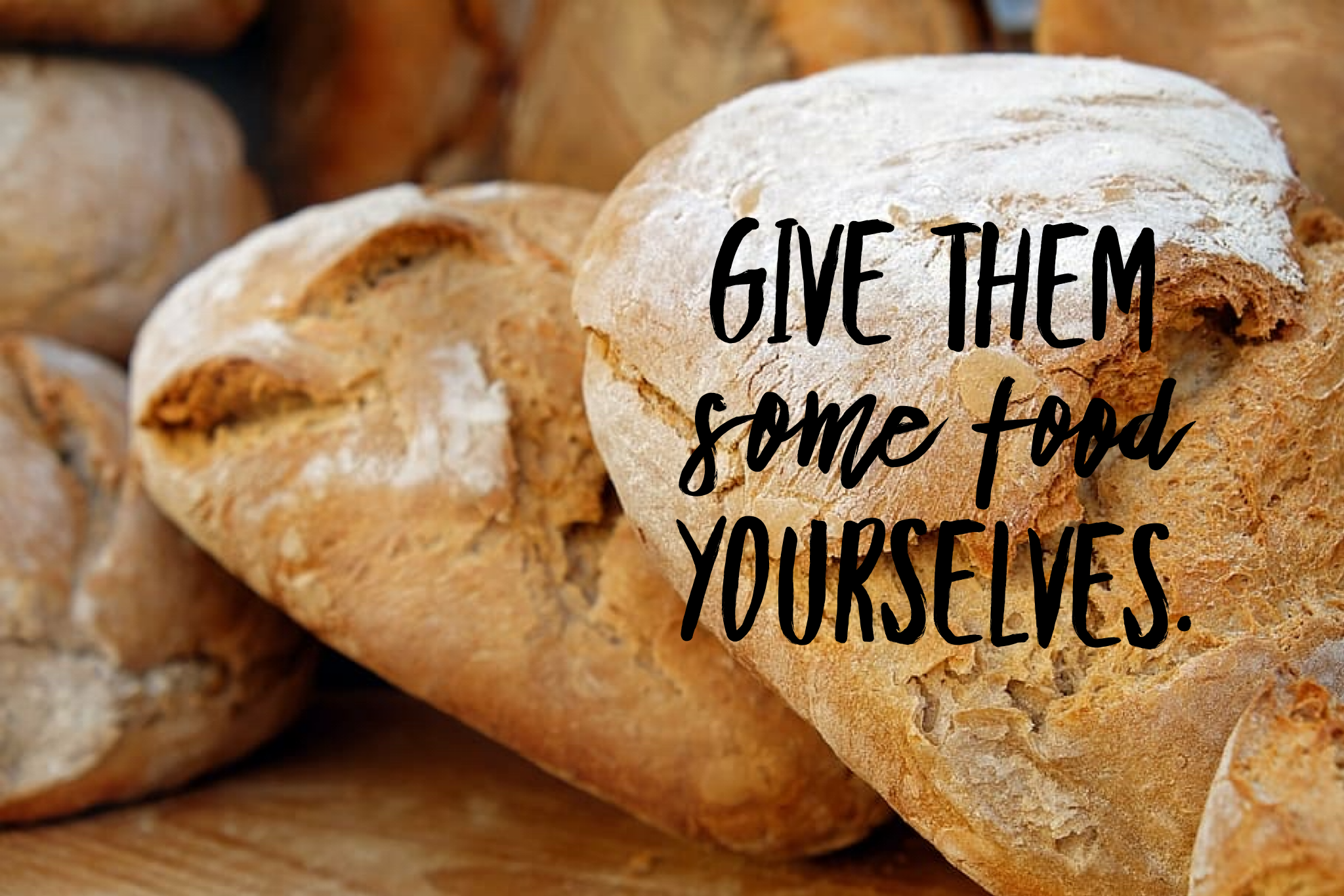
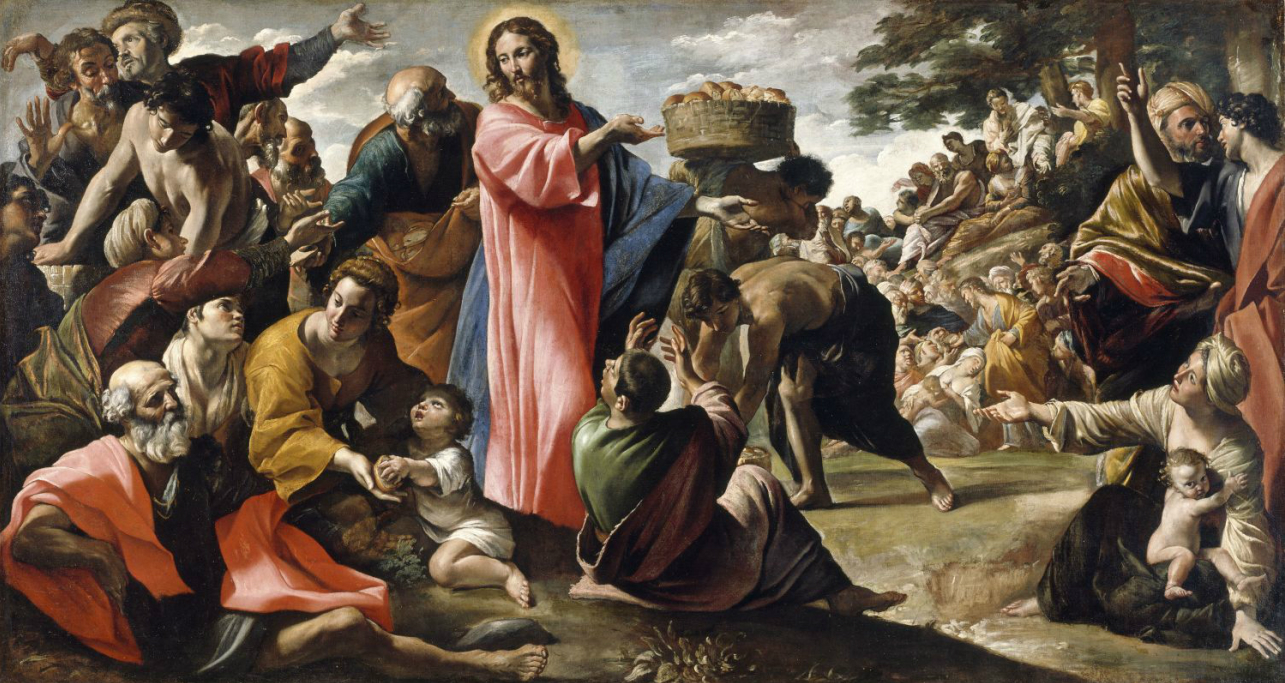
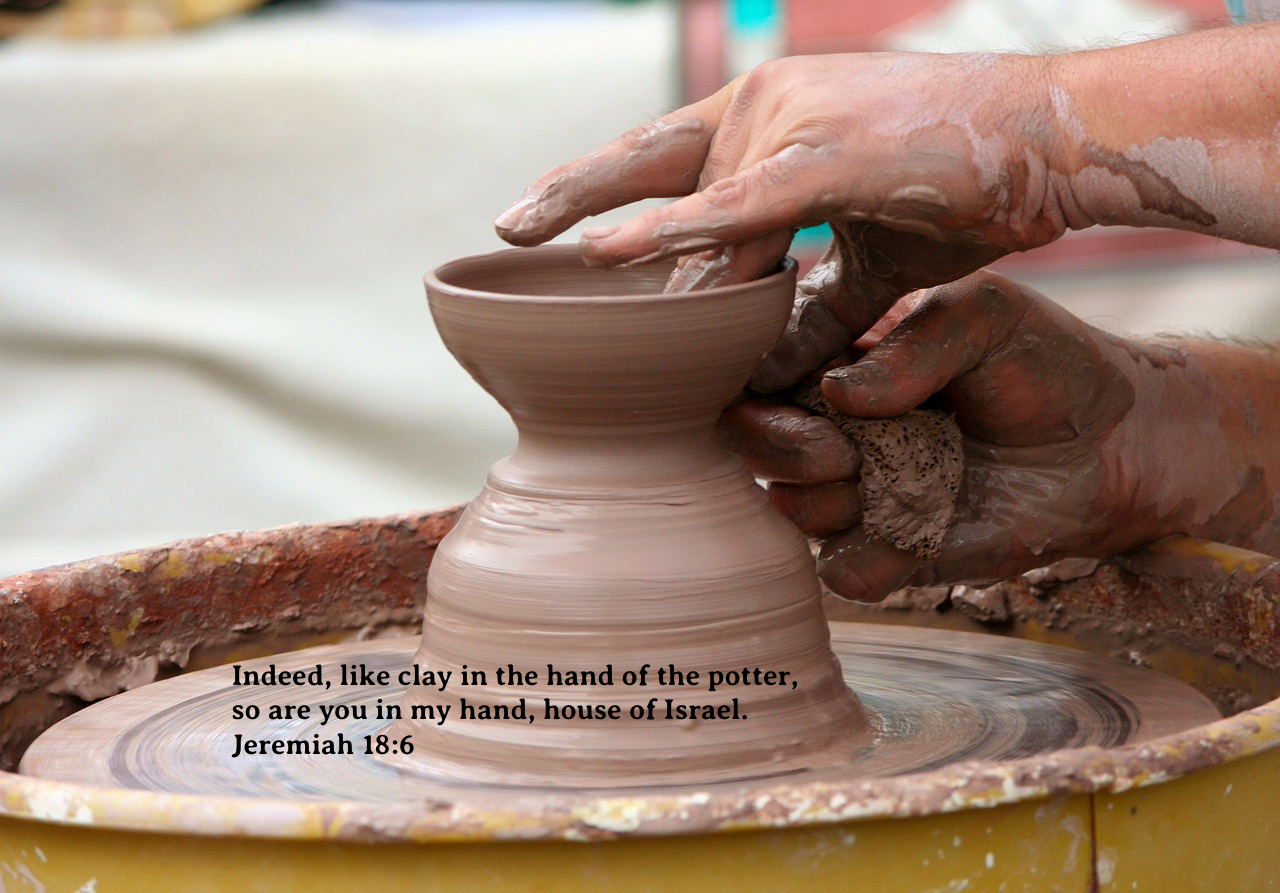
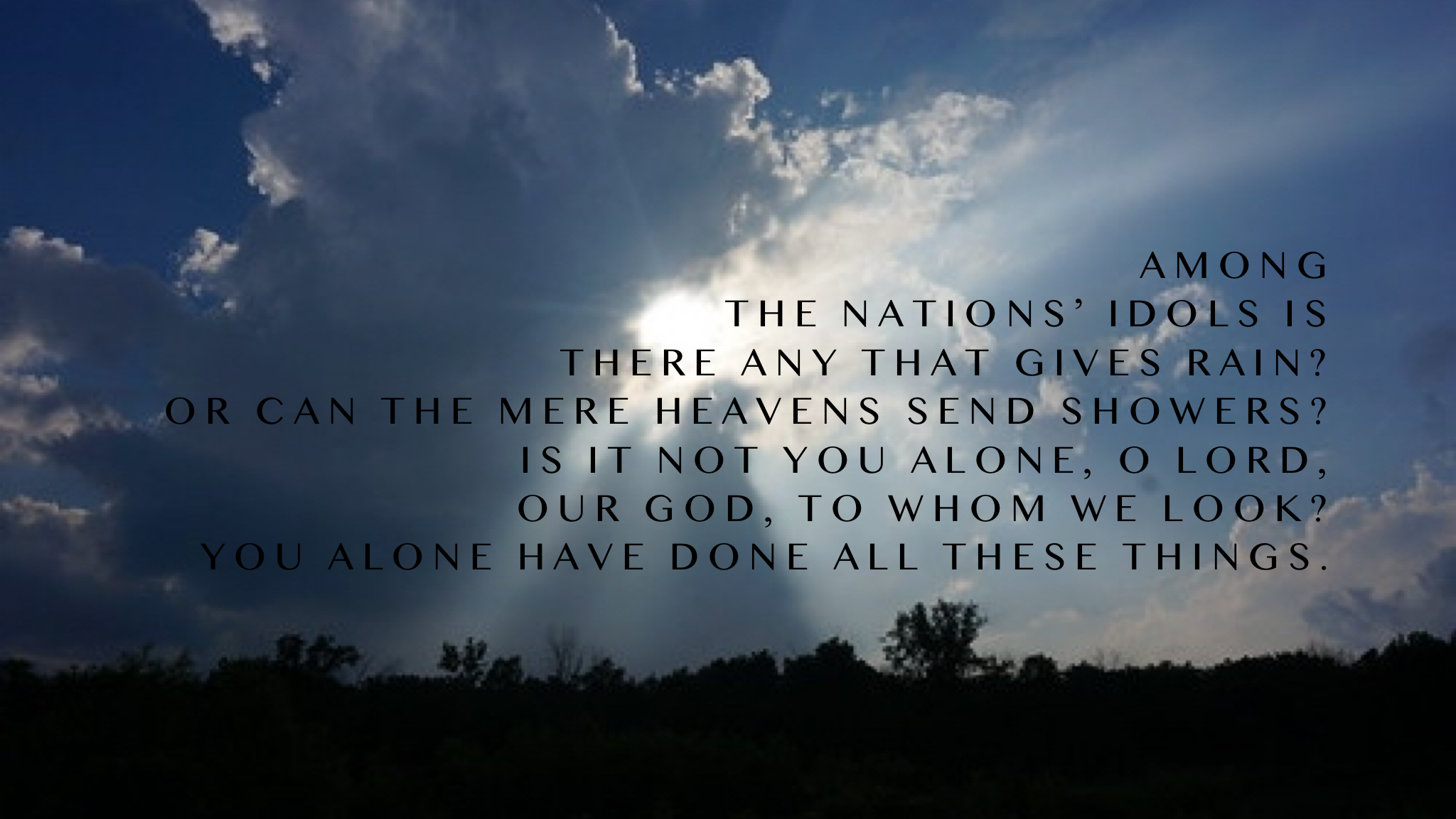
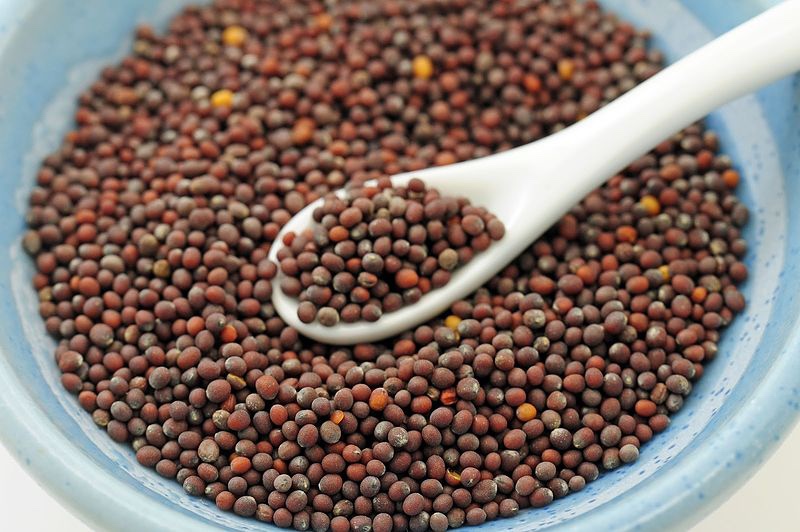
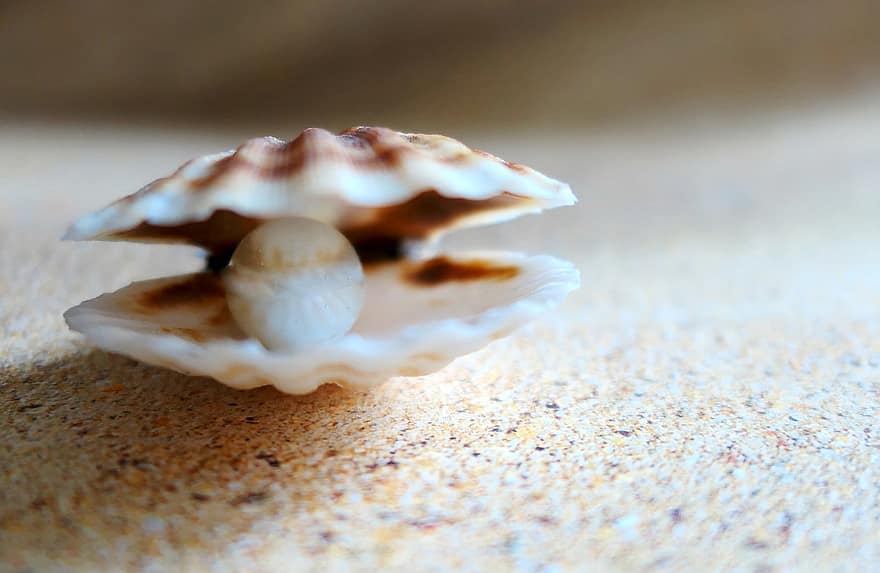
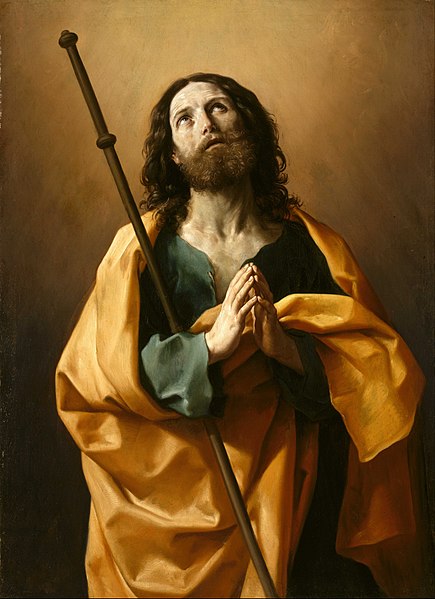
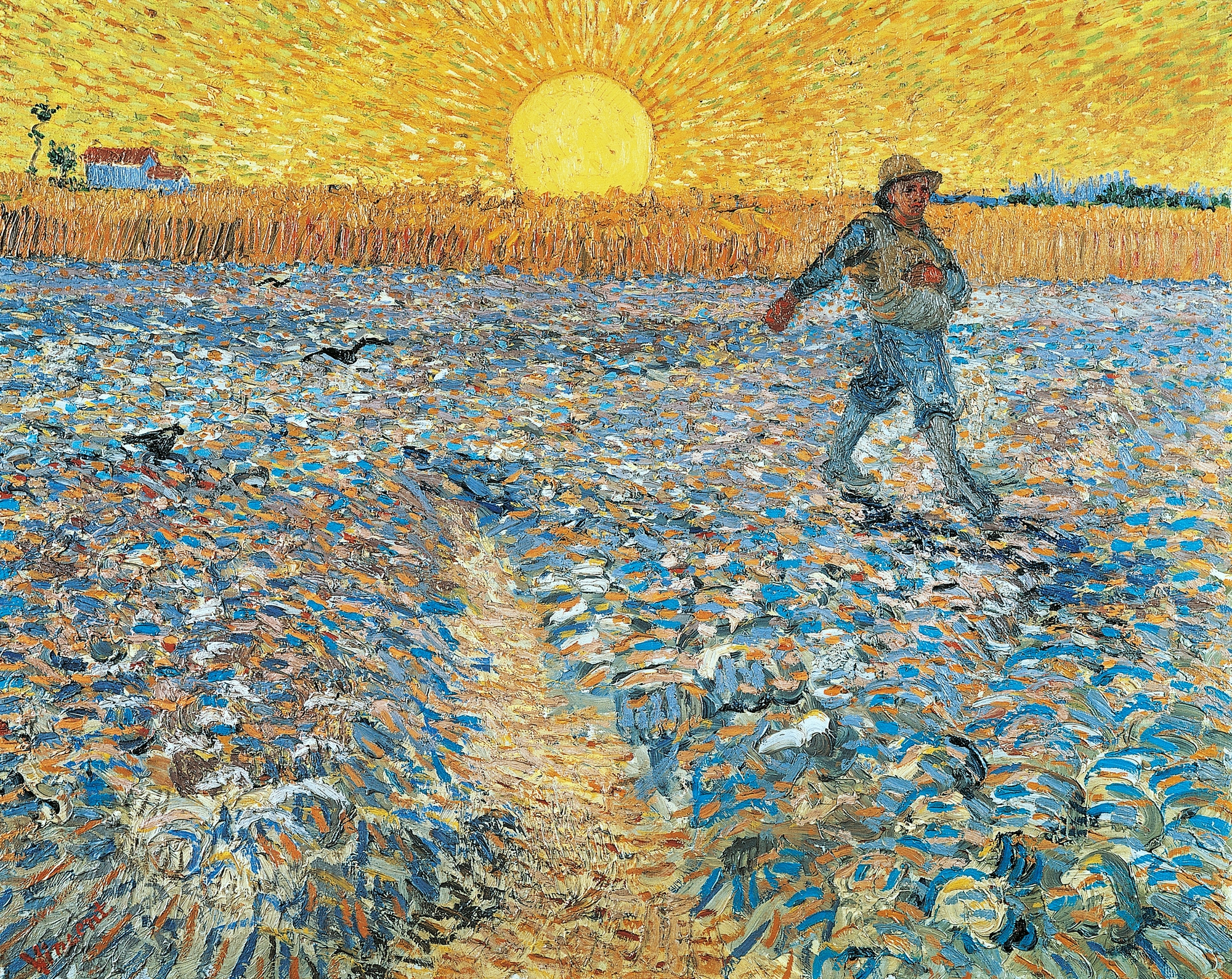
You must be logged in to post a comment.